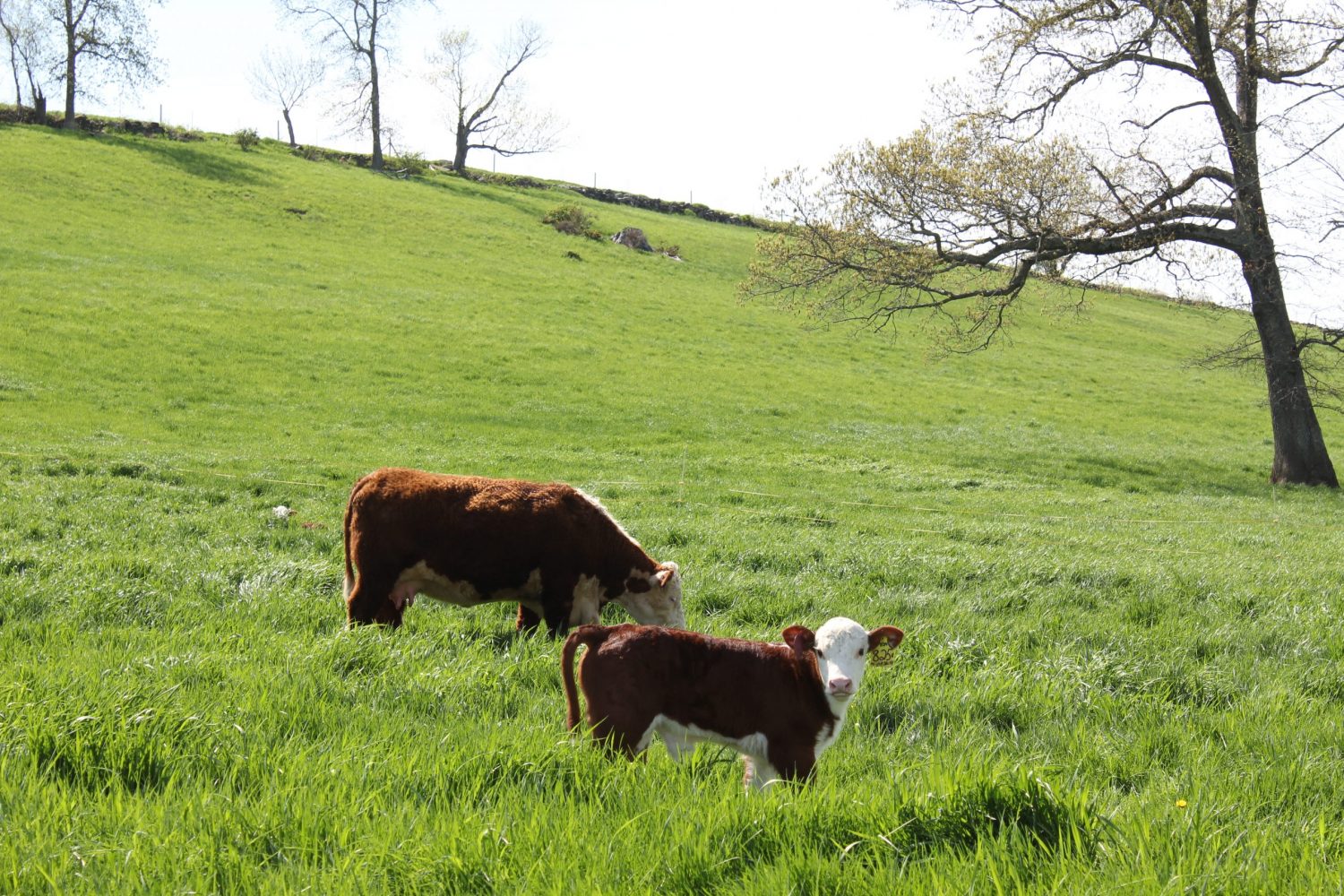A new animal science course titled, Science and Policy Considerations for Meat as Food, is being taught during the spring 2020 semester by Professor Cameron Faustman. The course focuses on meat and seafood processes as well as the challenges facing these industries.
“The goal of this course is to have students appreciate the complexity of food and its relationship to health and the environment,” Faustman says.
Faustman was inspired to develop the course after spending spring 2019 on sabbatical at the Harvard Law School’s Food Law and Policy Clinic. “I became intrigued with the topic of food policy,” he says. “An individual cannot appreciate the complexity of a debate that can ensue unless they understand the totality of science and policy.”
The course is designed to examine questions surrounding the health and environmental concerns of meat production, the role of meat in the diet, and potential changes in science and policy that might affect these concerns.
Each student is required to participate in a role-play assignment, where the students take a position consistent with that of a particular organization, researching the organization to find its position on the issue, the reasons for their position and any relatable public policy. Students present and take questions from the class.
For instance, a student might take the position of the National Restaurant Association, Center for Science in the Public Interest or Center for Consumer Freedom, during an FDA hearing on the role of meat in the diet and the potential for taxing meat purchases. Another scenario might be the perspective of a an organization such as the American Veterinary Medical Association or National Cattleman’s Beef Association at a hearing on the prohibition of antibiotic use in animal agriculture
“I put students in roles that are opposite of where they might normally stand,” Faustman says. “I want students to see how the other side thinks. When you’re forced to put yourself in the other role, you’ll educate yourself on both sides of an issue.”
The students do not debate the question of whether it is ethical to eat animals. “We are ignoring that issue,” he explains. “The fact is, there are people who eat animals and those who do not, but I want the students to move forward and look at the issues surrounding these industries.”
Students are also examining food technologies and how new technologies affect the industries and the auxiliary businesses that depend on food production. One such topic is recent changes in food labeling requirements, and the ripple effects of these changes; for example, whether a company can label meat analogs as meat or plant-based beverages as milk.
“Who ever would have thought freedom of speech issues could affect food industries?” Faustman exclaims. “These are not all black and white issues. Both sides have legitimate claims and criticisms. Students and consumers make decisions for themselves.”



